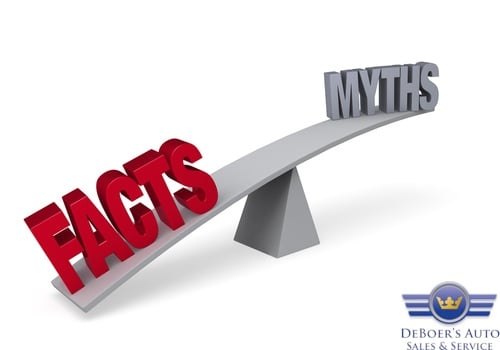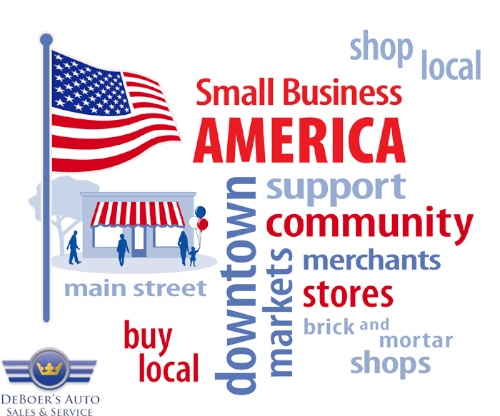When your older vehicle is at the end of its lifecycle and you are ready to purchase another car, a well-kept, newer used car can meet your needs quite well. However, in planning for that purchase, you may ask yourself, "Will I qualify for a car loan if I buy another used car? Will the pre-owned vehicle have any warranty? Will buying a used car end up costing me more in the long run?" We want to help dispel some of the more common misconceptions for you.

Misconception #1: Financing a Used Car Will Make My Insurance Rates Go Up
You may wonder, "Will purchasing another used car affect my insurance rates?" Many of us worry that our car insurance rates will increase when we purchase a used vehicle versus a new vehicle. Actually, the opposite is true. Insurance rates are primarily based on the value of the vehicle. Consequently, buying new will usually result in higher insurance costs. The higher the value of the vehicle, the greater your insurance costs will be.
Misconception #2: Used Cars Don't Have Warranties
Since car parts eventually wear out, warranties can be a major concern. A frequent question asked is, "Are warranties available on used cars? Absolutely. Many of the vehicles we have to offer are still under warranty, and extended warranties are available as well.

Misconception #3: Used Cars Cost More in the Long Run
Another fallacy is that new cars cost us less because of fewer repairs in the first few years as opposed to used cars. Additionally, when we consider car maintenance, of course pre-owned cars will need repairs, too. Fortunately for the consumer, in most cases, buying a used car will be cheaper than buying new. Although the auto loan interest rate on a used car can be higher, the difference is nominal when all expenses are added together. First, the purchase of a used vehicle will certainly cost you less than its newer counterpart. Another consideration is depreciation. Soon after you drive your new car off the lot, it can lose up to 22% of its worth. Not so with purchasing a used car, because you are buying it at its already depreciated cost. Keeping your used car properly maintained, as well as purchasing an extended warranty to prepare for possible major repairs, can provide a real advantage in helping you save on expenses for the future.








